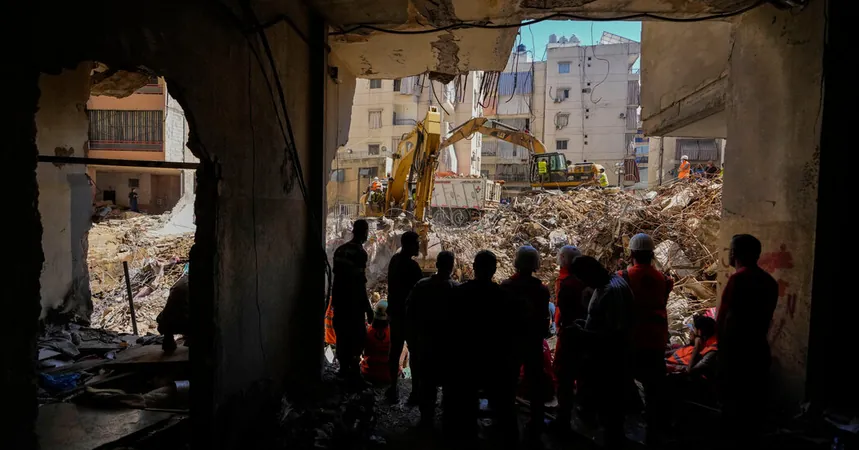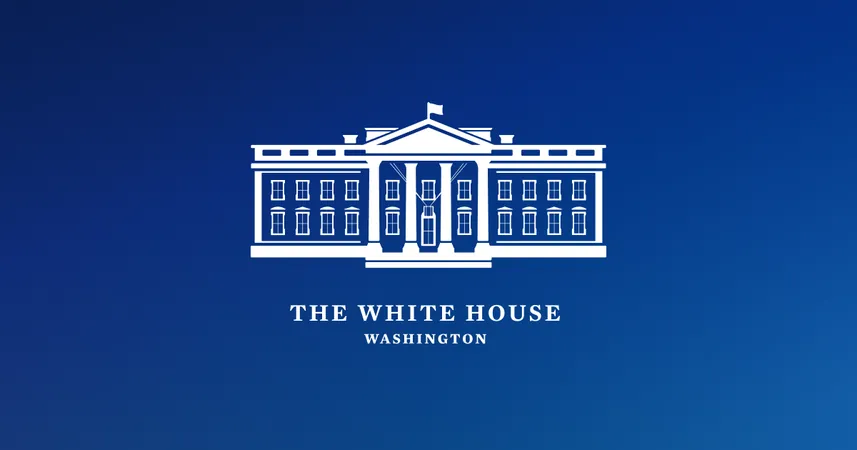
Lebanon's Death Toll Surges Past 270 Amid Intensifying Israel-Hezbollah Clashes: What You Need to Know
2024-09-23
In what has been described as the most lethal day of conflict between Israel and Hezbollah since the 2006 war, Israeli airstrikes have reportedly killed over 270 people in Lebanon, with the number of injured exceeding 1,000, according to Lebanon's health ministry. The devastating attacks occurred on September 23, 2024, as tensions escalated dramatically along the Israel-Lebanon border.
In a direct response to the airstrikes, Hezbollah has launched over 165 rockets into northern Israel. Fortunately, many of these projectiles were intercepted by Israel's sophisticated anti-missile defense systems. Israeli Prime Minister Benjamin Netanyahu forewarned the public that "complicated days" are ahead, implying that further escalations are likely in the conflict.
Lebanese officials indicated that among those killed were women and children, although specific numbers of Hezbollah militants among the dead have not been disclosed. The ongoing assault has sparked panic across Lebanon, with many residents fleeing towards Beirut, hoping for safety.
In retaliation to the ongoing conflict, the Israeli military has been conducting extensive airstrikes, reportedly targeting over 800 sites in southern Lebanon and the Bekaa Valley that are linked to Hezbollah. Those living near the border have faced escalating chaos, as Israel warned civilians to evacuate areas where Hezbollah is believed to have stored weapons. These messages have drawn criticism from human rights groups, who argue that civilian populations have no feasible means to understand the locations of potential military targets.
The cycle of violence intensified after a series of unusual and deadly incidents, including explosions that appeared to target Hezbollah operatives, killing dozens of its members and injuring many more. Hezbollah leader Hassan Nasrallah has vowed retaliatory attacks, promising to continue until Israel ceases its military operations against Hamas in Gaza.
This tumultuous week has seen a marked escalation in cross-border hostilities. As the Israeli military retaliates against Hezbollah's aggression with increasing force, the possibility of a comprehensive war looms large. In what may serve as a flashpoint, Hezbollah's recent missile strikes reached deeper into Israeli territory, impacting northern cities like Kiryat Bialik and raising alarms across the nation.
With the backdrop of this conflict, President Biden expressed deep concern about the growing tensions and the unlikelihood of a military solution that would provide safety to either side. The United Nations, for its part, has warned that the region stands on the brink of catastrophe as diplomatic efforts surrounding both the Israel-Hezbollah and Gaza situations become more urgent.
The situation is evolving rapidly, with both sides apparently preparing for a long and grueling confrontation. Analysts suggest that unless substantial diplomatic interventions occur soon, the fate of civilians on both sides of the border could become increasingly grim. Given the extensive military engagements and rising casualties, this renewed conflict between Israel and Hezbollah could echo the traumatic events of the 2006 war, which resulted in significant loss of life and destruction.
Stay tuned for updates as this situation continues to unfold, with significant implications for regional stability and international security.



 Brasil (PT)
Brasil (PT)
 Canada (EN)
Canada (EN)
 Chile (ES)
Chile (ES)
 España (ES)
España (ES)
 France (FR)
France (FR)
 Hong Kong (EN)
Hong Kong (EN)
 Italia (IT)
Italia (IT)
 日本 (JA)
日本 (JA)
 Magyarország (HU)
Magyarország (HU)
 Norge (NO)
Norge (NO)
 Polska (PL)
Polska (PL)
 Schweiz (DE)
Schweiz (DE)
 Singapore (EN)
Singapore (EN)
 Sverige (SV)
Sverige (SV)
 Suomi (FI)
Suomi (FI)
 Türkiye (TR)
Türkiye (TR)